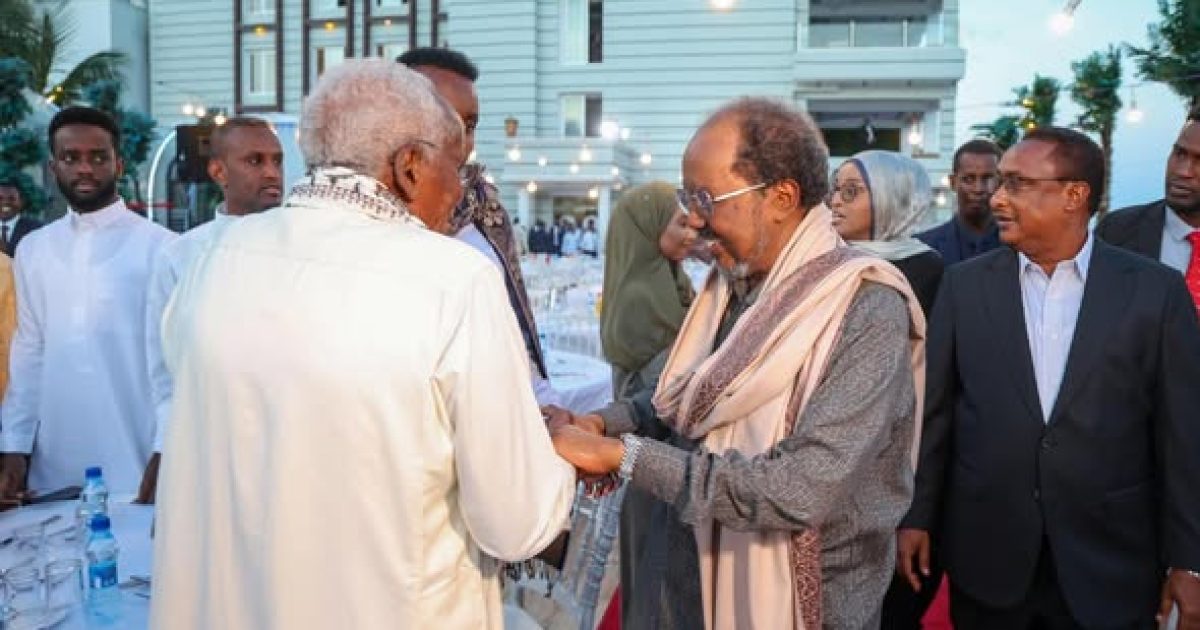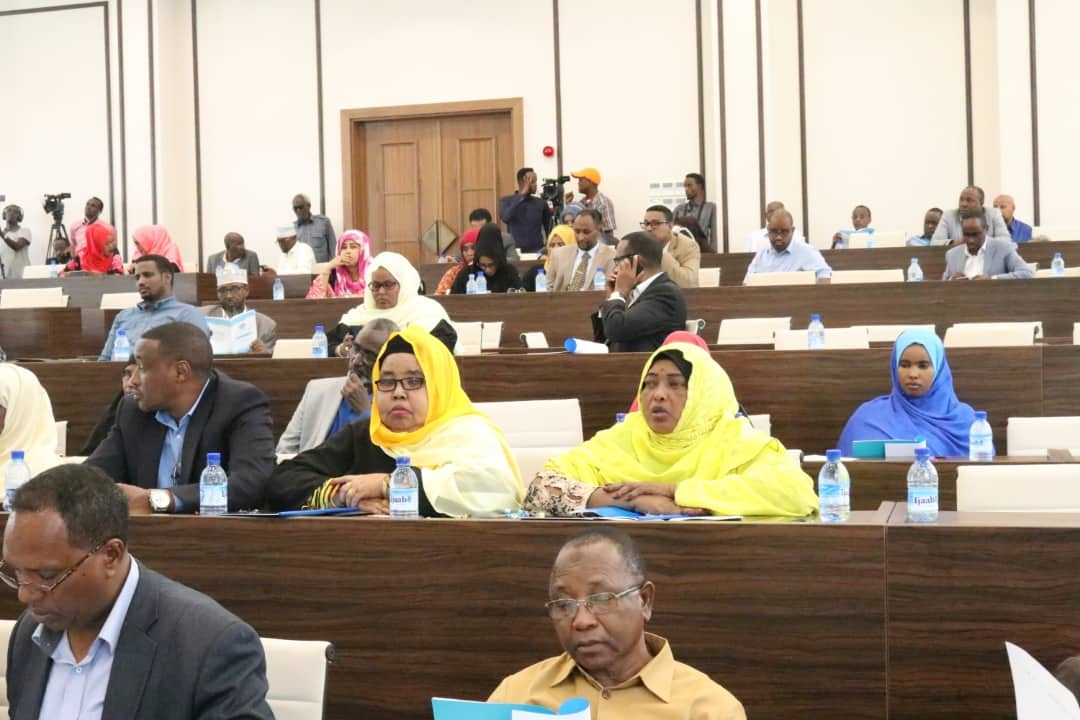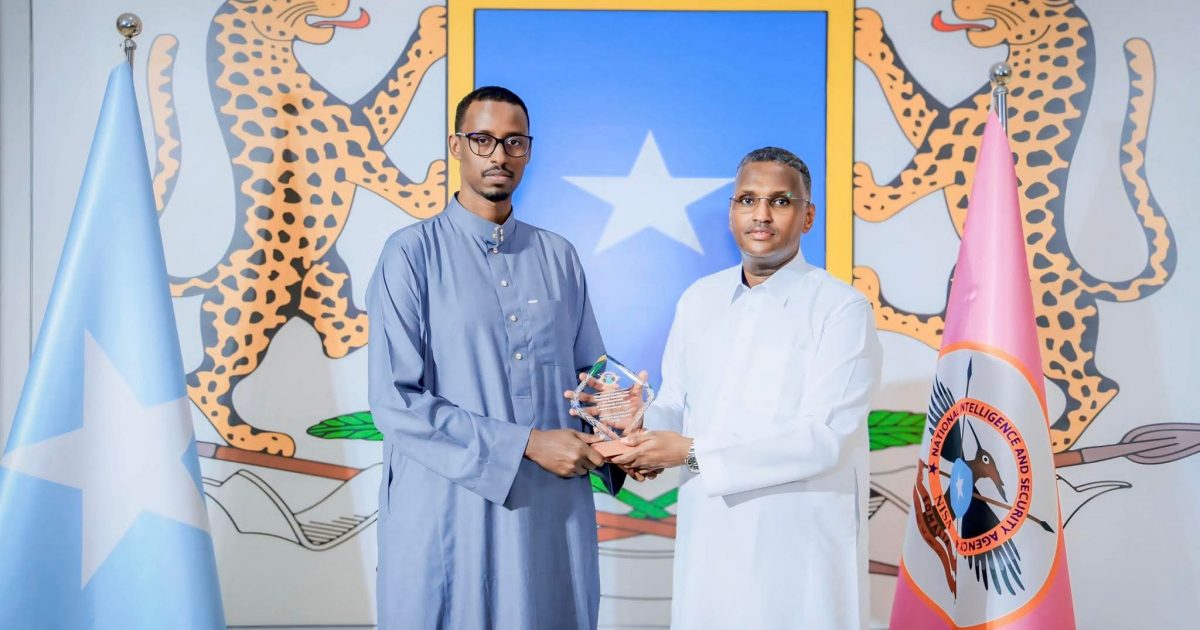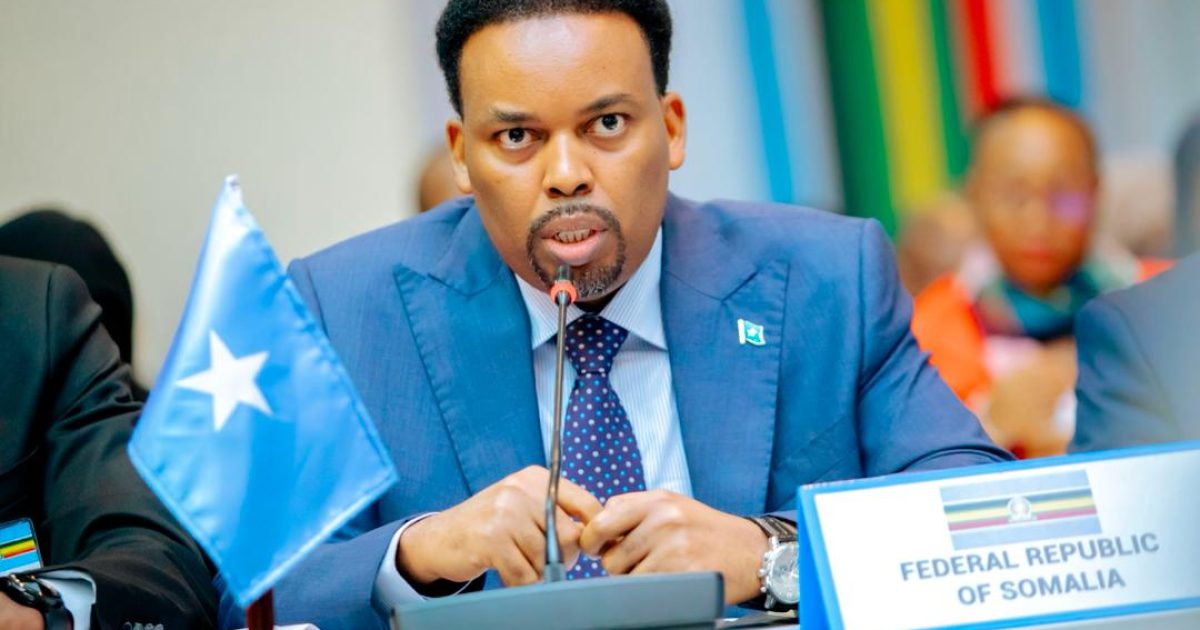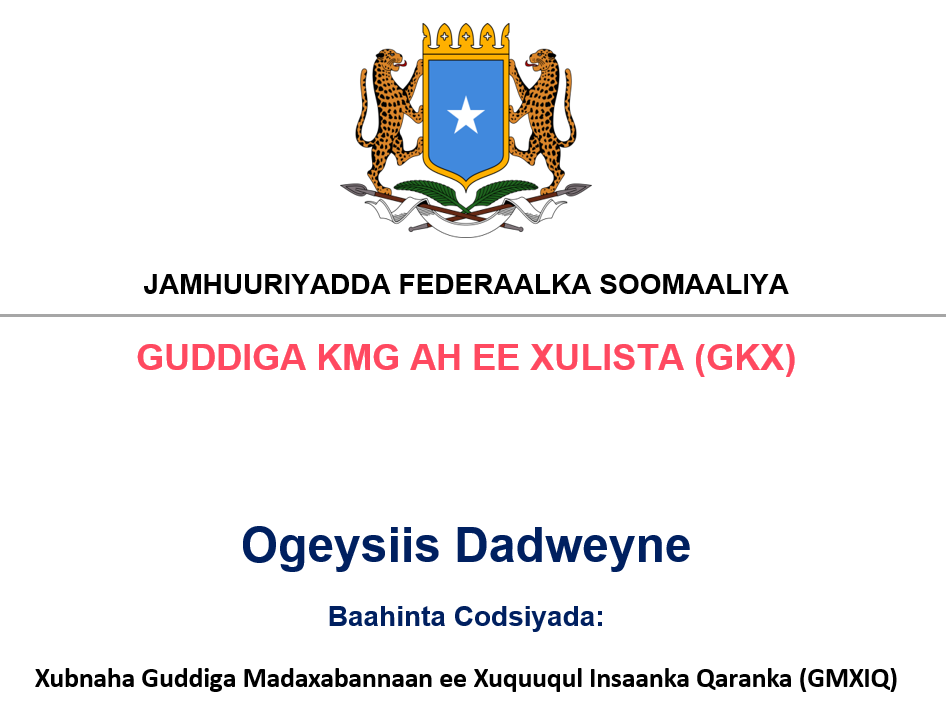The African Union Mission in Somalia (AMISOM) has conducted training for selected soldiers from both AMISOM and the Somali National Army (SNA) on guidelines that govern relations between humanitarian actors, civilians, and security forces.
The three-day joint training took place in Jowhar, the capital of HirShabelle State. It was organised in collaboration with the UN Office for the Coordination of Humanitarian Affairs (UNOCHA).
Participants included newly deployed civil-military cooperation (CIMIC) officers from the AMISOM Burundian contingent and the SNA soldiers that are in joint operations with AMISOM.
Participants were taken through Somalia country-specific humanitarian and civil-military coordination guidelines. The guidelines specify how the military and humanitarian actors should relate in conflict areas to enable the delivery of humanitarian assistance to communities in need.
Other topics included gender aspects in peacekeeping operations, prevention of sexual exploitation and abuse, and conflict-related sexual violence, protection of women and children, human rights, and international humanitarian law.
Participants also shared best practices and identified common challenges so they could plan on how best to cooperate to fulfil their mandate to defeat terrorist groups in Somalia.
The AMISOM Humanitarian Liaison Officer, Jackson Basoronga said, “The training objective was to improve the knowledge and raise awareness among the forces on the principles and guidelines of civil-military coordination.”
A participant from the SNA, Abdille Osman Abdi, was hopeful the knowledge acquired would enable them work effectively and efficiently.
“We appreciate the support and we are eager to learn best practices across Africa and the world,” he said.
The AMISOM Burundian Contingent’s Deputy Chief of Training, Major Wenceslas Nteturuye, agreed that the knowledge and discussions would enable the soldiers fulfil AMISOM’s mandate.
“These lessons are both beneficial while we are in Somalia under AMISOM, but later when we return to our country,” added Major Nteturuye.
While closing the training, Basoronga encouraged the soldiers to apply the knowledge acquired in their respective areas of deployment and share the experience with their colleagues.
ENDS



